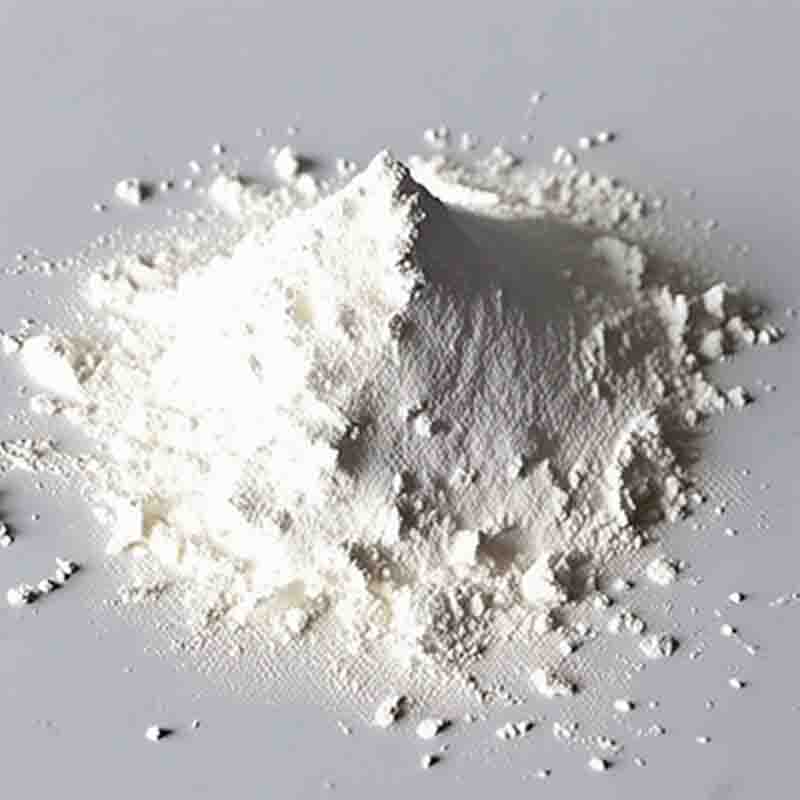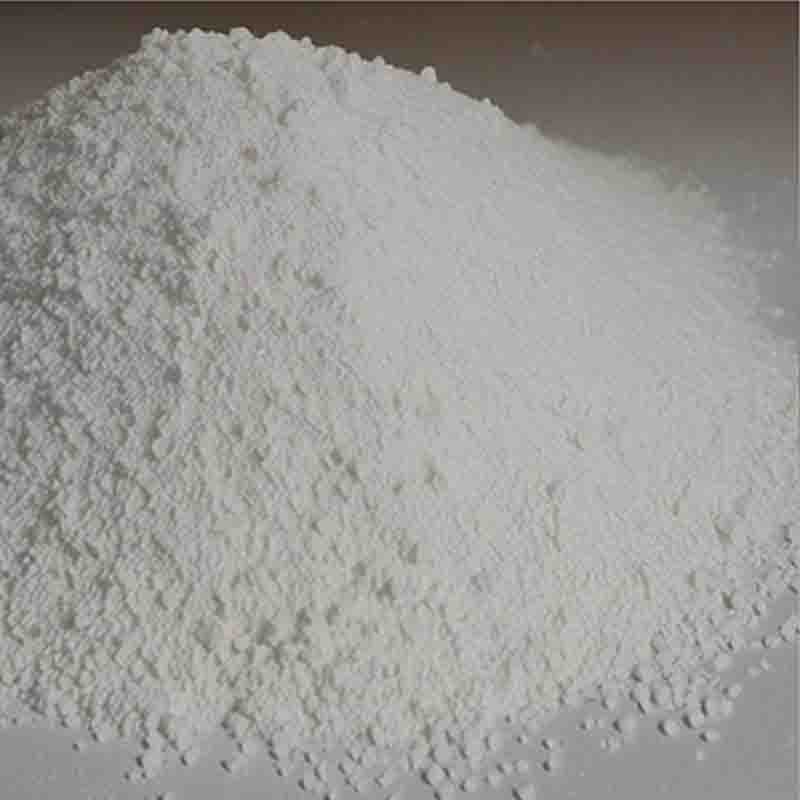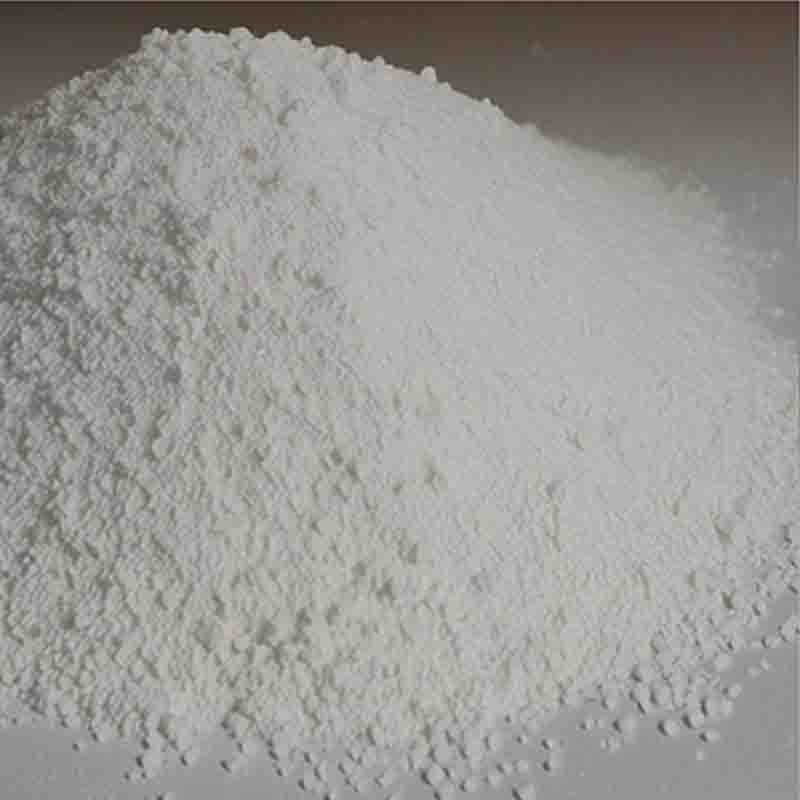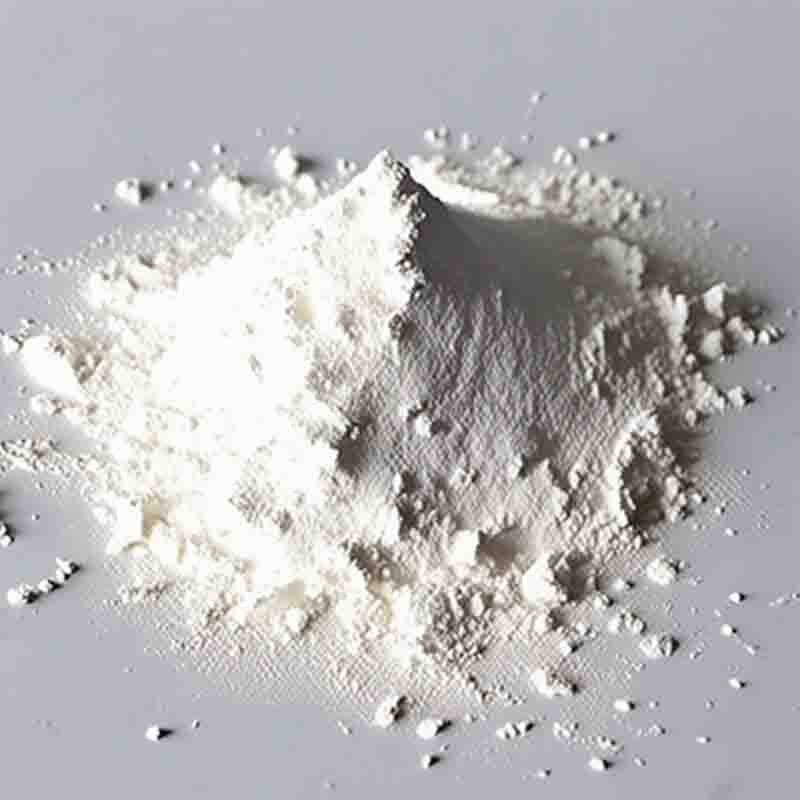5-PyriMidinecarboxylic acid,4-[[(3-chloro-4-Methoxyphenyl)Methyl]aMino]-2-[(2S)-2-(hydroxyMethyl)-1-pyrrolidinyl]-, ethyl ester CAS: 330785-83-6
| Catalog Number | XD93663 |
| Product Name | 5-PyriMidinecarboxylic acid,4-[[(3-chloro-4-Methoxyphenyl)Methyl]aMino]-2-[(2S)-2-(hydroxyMethyl)-1-pyrrolidinyl]-, ethyl ester |
| CAS | 330785-83-6 |
| Molecular Formula | C20H25ClN4O4 |
| Molecular Weight | 420.89 |
| Storage Details | Ambient |
Product Specification
| Appearance | White powder |
| Assay | 99% min |
5-Pyrimidinecarboxylic acid, 4-[[(3-chloro-4-methoxyphenyl)methyl]amino]-2-[(2S)-2-(hydroxymethyl)-1-pyrrolidinyl]-, ethyl ester is a chemical compound of significant interest in the field of medicinal chemistry. It belongs to a class of compounds known as pyrimidine derivatives and exhibits unique properties that make it suitable for various pharmaceutical applications.This compound has shown potential as a target for drug development due to its ability to interact with specific molecular targets in the body. The presence of the pyrimidine scaffold provides a versatile platform for structural modifications, enabling scientists to modulate its biological activities. By altering substituents on the pyrimidine ring, researchers can optimize the compound's pharmacokinetic properties, target selectivity, and efficacy for specific therapeutic indications.One area where this compound has demonstrated promise is in the field of oncology. Its ability to inhibit certain enzymes or proteins involved in cancer progression makes it an attractive candidate for the development of anti-cancer drugs. Researchers are studying its effects on various cancer types and exploring its potential as a targeted therapy, either alone or in combination with other agents.Furthermore, the presence of the 3-chloro-4-methoxyphenylmethyl moiety in this compound provides an opportunity for enhanced selectivity and potency. This aromatic ring system can interact with specific receptors or enzymes, resulting in improved drug binding and biological activity. The ethyl ester group attached to the pyrimidine carboxylic acid moiety can improve the compound's solubility and bioavailability, enhancing its potential as an orally administered drug.In addition to its potential in oncology, this compound may have applications in other therapeutic areas such as infectious diseases, neurodegenerative disorders, and cardiovascular diseases. Its structural features make it amenable to targeting specific enzymes, receptors, or pathways involved in these disease processes. Researchers are actively exploring these possibilities through in vitro and in vivo studies to assess the compound's efficacy and safety.In conclusion, 5-Pyrimidinecarboxylic acid, 4-[[(3-chloro-4-methoxyphenyl)methyl]amino]-2-[(2S)-2-(hydroxymethyl)-1-pyrrolidinyl]-, ethyl ester holds promise as a lead compound in drug development due to its versatile structure and potential biological activities. Its unique properties make it a valuable scaffold for designing novel therapeutic agents for various diseases. Continued research and optimization of this compound, along with its structural modifications, may lead to the discovery of new drugs that can significantly impact the field of medicine.


![5-PyriMidinecarboxylic acid,4-[[(3-chloro-4-Methoxyphenyl)Methyl]aMino]-2-[(2S)-2-(hydroxyMethyl)-1-pyrrolidinyl]-, ethyl ester CAS: 330785-83-6 Featured Image](https://cdn.globalso.com/xdbiochems/白色粉末2226.jpg)
![5-PyriMidinecarboxylic acid,4-[[(3-chloro-4-Methoxyphenyl)Methyl]aMino]-2-[(2S)-2-(hydroxyMethyl)-1-pyrrolidinyl]-, ethyl ester CAS: 330785-83-6](https://cdn.globalso.com/xdbiochems/粉末305.jpg)





